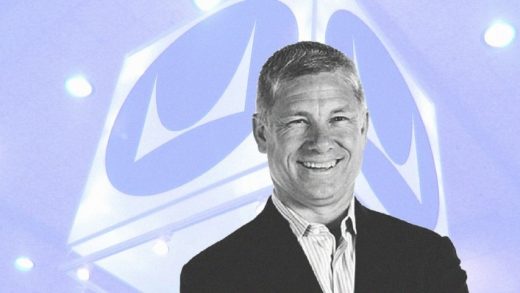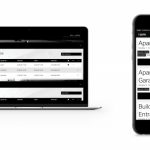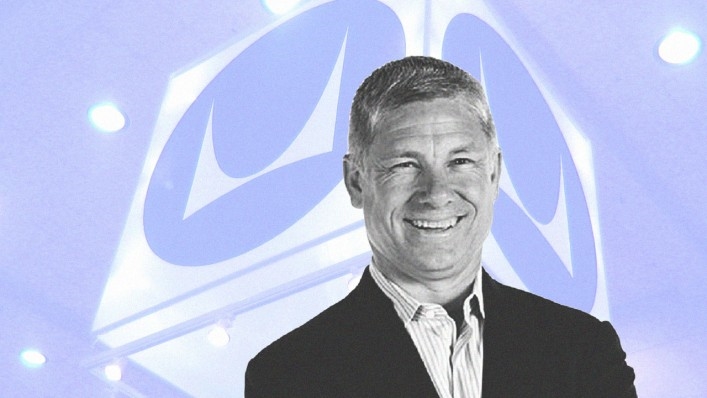Creating The Office of Tomorrow With Herman Miller’s Brian Walker
Certain things seem to go out of fashion, only to come around again: suede and velvet clothing for men, vinyl records, the underhanded free throw in basketball.
But Brian Walker, the CEO of furniture company Herman Miller, is convinced that the traditional office–with executives stuck behind closed doors and most everyone else assigned to a fixed workstation–is gone for good.
“I think this falls into the broader trends we see,” Walker told me on the latest episode of my podcast, The Bottom Line. “You and I probably believed we had to have a car when we turned 16 years old . . . Well, my children that are graduating from college and say they’re going to move to Chicago, they don’t want a car. They’re very comfortable using Uber or using Zipcar or public transportation. In fact, they like it better.”
“In some ways, attitudinally, the digital natives are more used to moving through things that way,” Walker adds. “Ownership isn’t about a thing. It’s about what I get from it.”
Beyond generational values, he notes, something else is fueling this shift to more dynamic and flexible workspaces: technology.
Herman Miller, for example, recently introduced cloud-connected smart office furniture that, before long, will function like this: As you walk toward an open desk and chair, the system will hook into your cellphone and recognize that it’s you. It will then know, based on your digital calendar, what tasks you’re about to take on.
Ready to settle in for a few hours to finish up that report? The furniture will automatically adjust, based on your height and weight, for the optimal ergonomic experience. Just stopping by quickly? The desk will anticipate that, too, rising to a standing position, so you can check your email before you dash off to your next meeting.
A bit later, as you head over to a more collaborative area to brainstorm with some colleagues, the system can tell whom you’re gathering with. And although that kind of tracking is sure to incite fears of Big Brother in some organizations, such information can be invaluable for a manager if handled right.
“I’d love to know . . . when I’m in the product-development cycle how much are my marketing folks actually sitting with the R&D team or are my finance folks ever really involved,” Walker says. The data could reveal “how the organization is mixing.”
The Bottom Line is a production of Capital & Main.
Fast Company , Read Full Story
(34)














